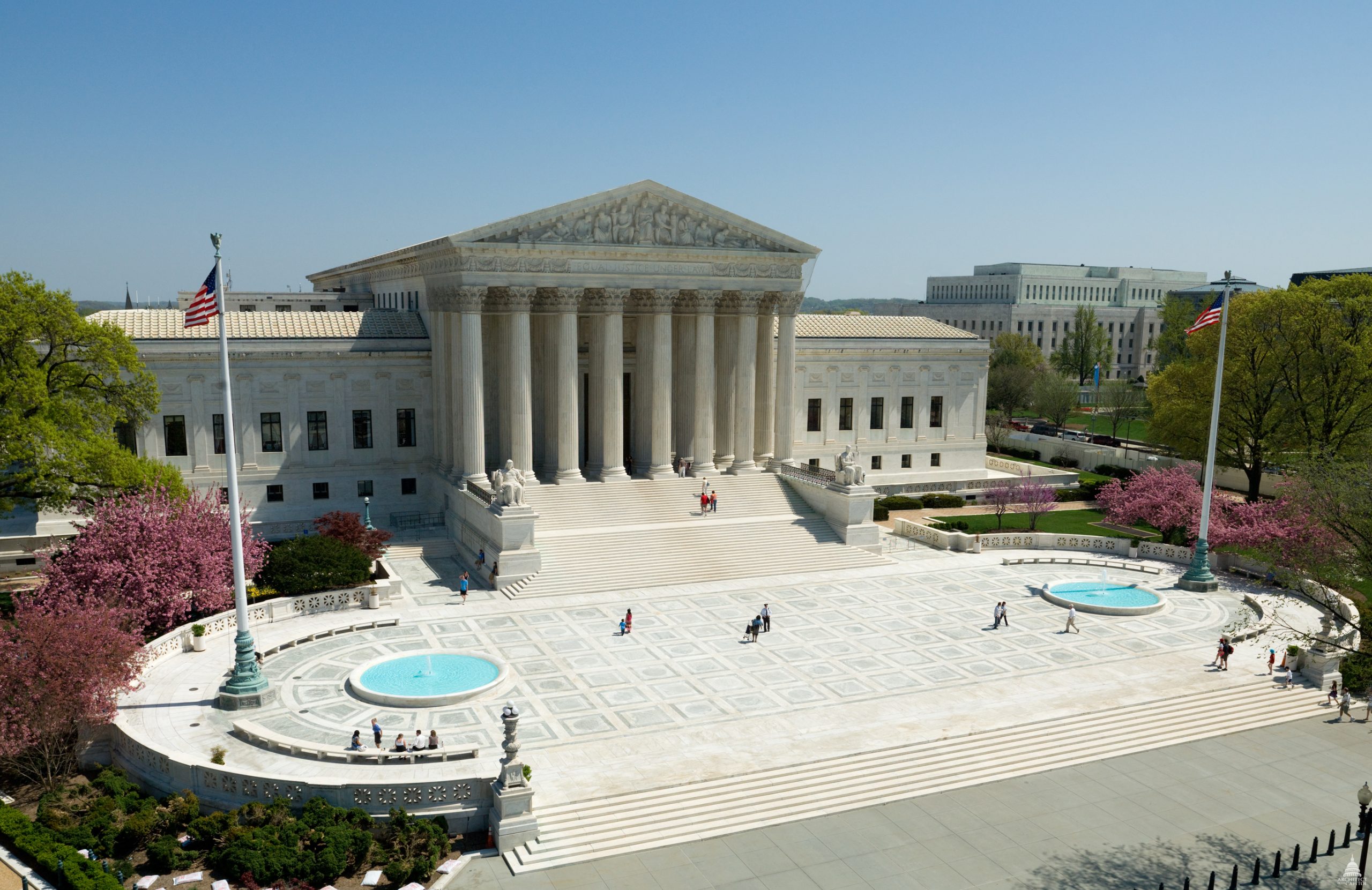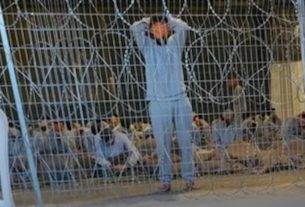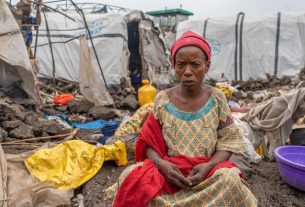Washington, D.C. – In a major immigration decision, the U.S. Supreme Court has granted the Trump administration the authority to revoke temporary legal status for more than 500,000 immigrants from Cuba, Haiti, Nicaragua, and Venezuela. The ruling overturns a previous injunction issued by a federal judge, paving the way for deportation orders affecting these individuals.
Supreme Court Decision and Dissent
The court’s decision follows an emergency application filed by Homeland Security Secretary Kristi Noem, effectively terminating a Biden administration program that allowed 532,000 individuals to live and work in the United States on a temporary basis.
While the court did not provide a detailed explanation for its ruling, Justices Ketanji Brown Jackson and Sonia Sotomayor dissented, expressing concerns over the abrupt impact on affected immigrants. Jackson criticized the ruling, stating that it failed to consider “the devastating consequences of allowing the government to precipitously upend the lives and livelihoods of nearly half a million noncitizens while their legal claims are pending.”
Legal and Political Challenges
The administration had been contesting a ruling by U.S. District Judge Indira Talwani, who had determined that the government could not revoke an individual’s status without an individualized assessment. That ruling is now on hold as legal battles continue.
Karen Tumlin, an attorney with the Justice Action Center, described the Supreme Court’s ruling as “the largest de-legalization in the modern era,” warning of “widespread chaos” for affected immigrants and their communities. Meanwhile, Homeland Security officials defended the decision, with Assistant Secretary Tricia McLaughlin stating that it was a “victory for the American people” that corrected an “error” made by the Biden administration in granting temporary status.
Impact on Immigration Policy
The Biden administration’s CHNV parole program, initiated in 2022, allowed immigrants from Cuba, Haiti, Nicaragua, and Venezuela to enter the country for two years if they passed security screenings and secured sponsorship in the U.S. However, in October 2024, the Department of Homeland Security announced that these individuals’ parole status would not be renewed once the approval period expired.
Noem’s efforts to unwind the Biden-era policy faced challenges from immigration advocacy groups, including the Haitian Bridge Alliance, which argued that the government could not rescind immigration status through a blanket order.
Broader Implications
This decision is one of several cases in which the Trump administration has contested lower court rulings that blocked its policies. The Supreme Court previously ruled on May 19 that the administration could revoke Temporary Protected Status (TPS) for 350,000 Venezuelans.
As the legal challenges unfold, affected individuals may still seek other avenues to remain in the United States, including asylum applications, though their future remains uncertain.



